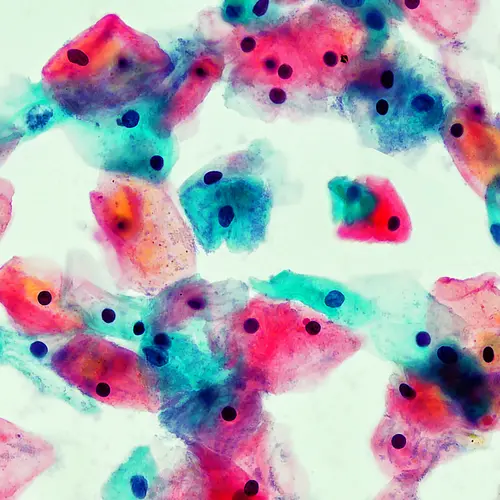Clinical Trials Help Researchers Create New Cancer Drugs

Hide Video Transcript
Video Transcript
WebMD
What are clinical trials for cancer? BRUCE CHABNER, MD: Just to explain a bit about what we mean by cancer clinical trials, you're either testing a new medicine or you're testing a medicine used in a new way. So it could be in a combination with other drugs, or it could be in combination with radiation therapy, or following surgery in a new situation.
Many of the trials that we do are really a comparison of something new with something old, and we made an improvement. And we improved survival, we improved patients' quality of life. So we've taken a basically incurable disease, and now we have effective treatments.
WebMD
What are the benefits? BRUCE CHABNER, MD: So the major advantage now is that a patient will get early access to a new drug or a new therapy before it's actually approved for general use by the Food and Drug Administration.
WebMD
Why does diversity matter? BRUCE CHABNER, MD
We've noticed that it's hard for people who come from lower socioeconomic backgrounds, rural backgrounds, different racial backgrounds, it's hard for them to get to an institution that offers trials, including all sorts of patients; patients from different racial, ethnic backgrounds, different ages, both genders, women and men. In doing these trials we need to understand whether any of our new treatments actually have an adverse effect or even greater beneficial effect in any different group of patients. WebMD
Why should I consider a clinical trial? BRUCE CHABNER, MD
I've been in this field now for almost 50 years, and the practice of taking care of cancer patients has changed dramatically. And the changes are due to the fact that people have entered trials. They're courageous people. They've taken a chance. They've gone into a trial, and the trial has proven that the new medication or the new therapy works better. And that's the way we actually make progress. 